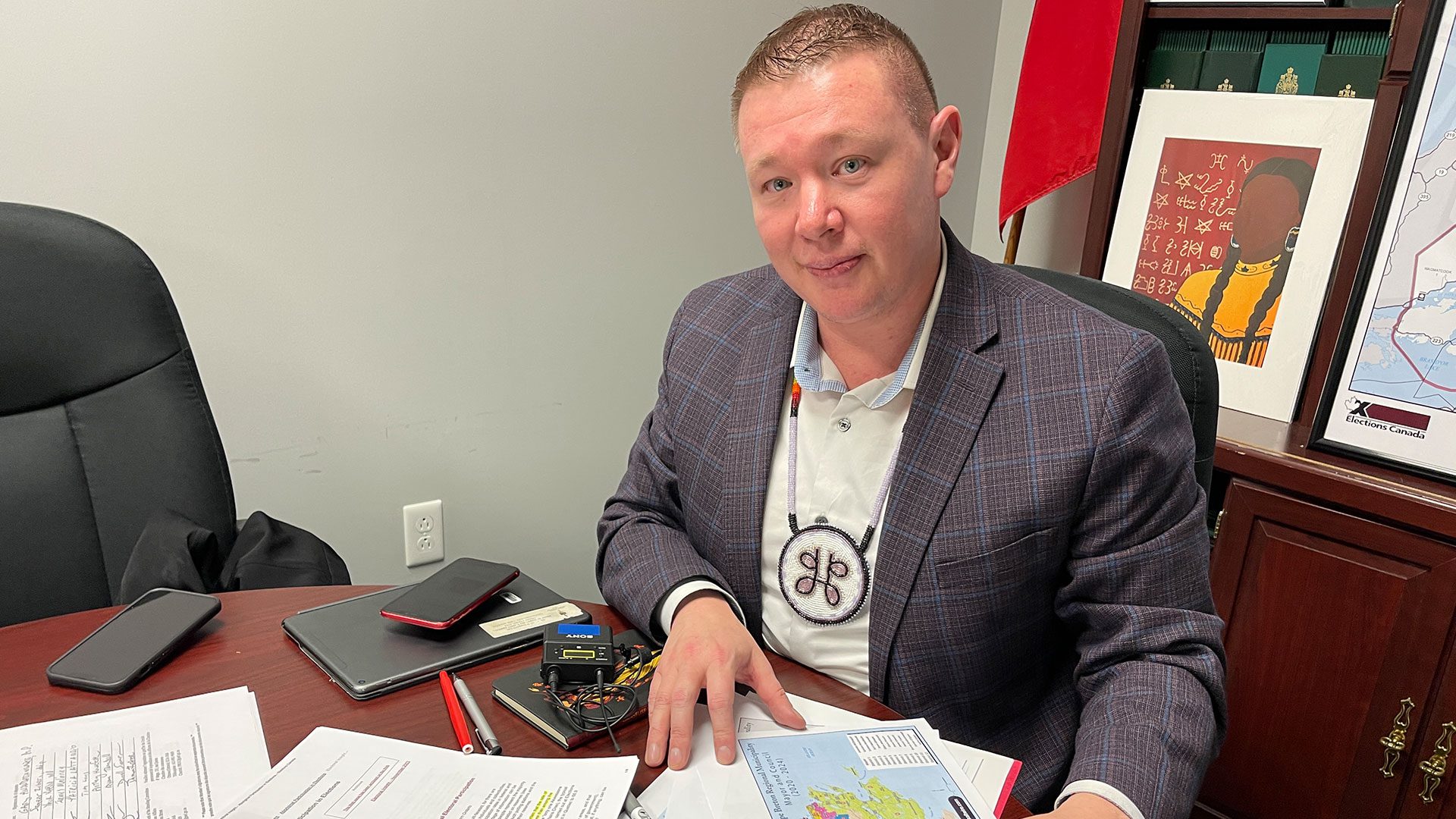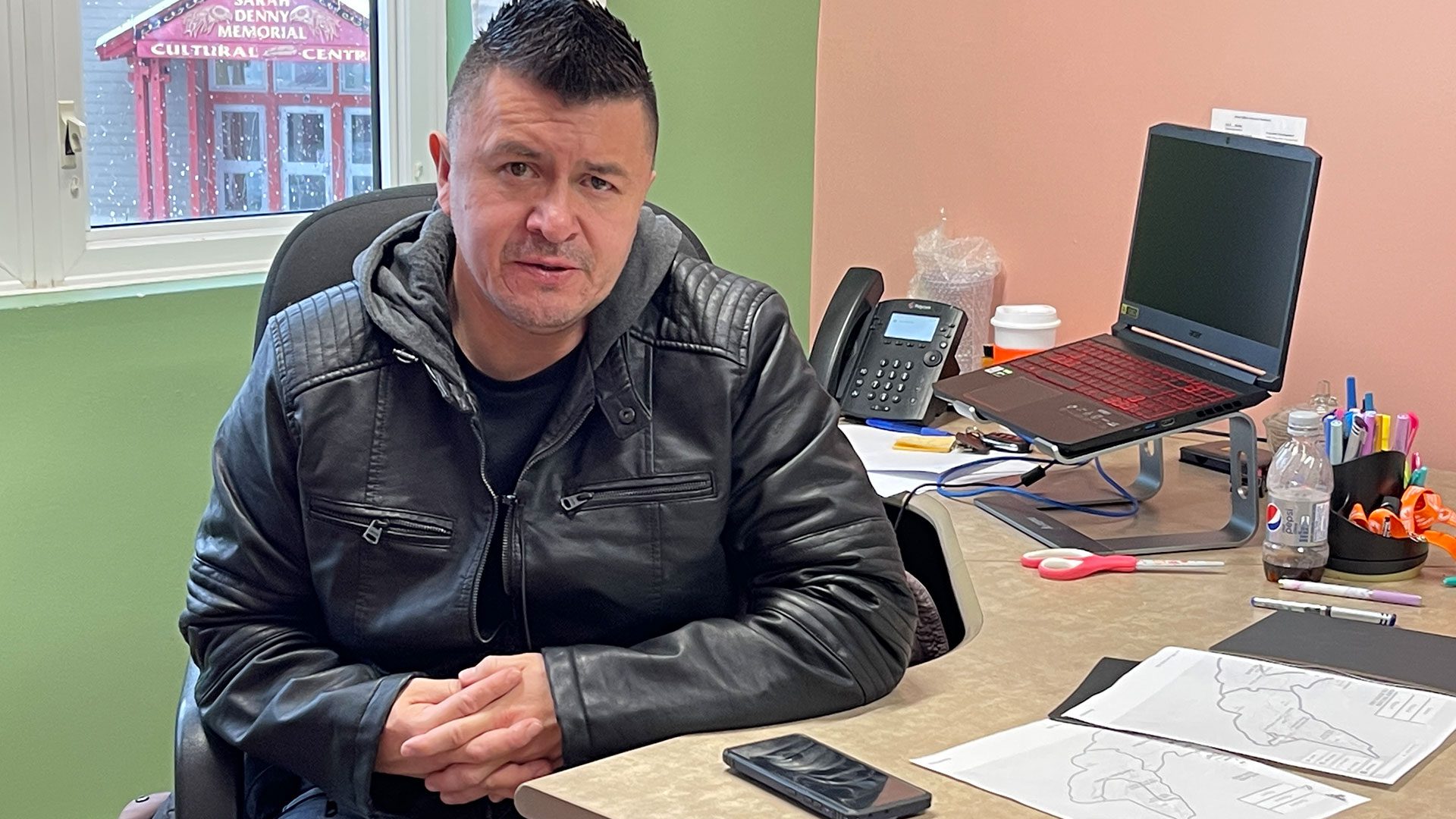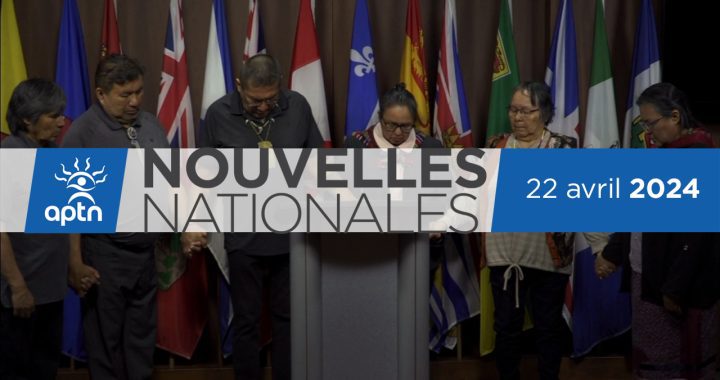If the federal Electoral Boundaries Commission for Nova Scotia gets its way, Jaime Battiste, the first Mi’kmaw MP elected to the House of Commons, will have two Mi’kmaw communities taken from his riding.
“[It] came as a total shock and something I never thought was possible,” Battiste told APTN News.
It was a shock because Battiste (Sydney-Victoria) was never told about the change – or even that his riding’s boundaries were up for a review.
He said it was done “without any consultation, without any words or any involvement from Mi’kmaw communities to be then told, guess what we’re taking majorities of Mi’kmaw communities out of this riding.”

According to the Elections Canada website, the constitution requires a review of federal districts every ten years “to reflect changes and movements in Canada’s population.”
Each province has a boundary commission that completes the review. The chief justice of each province appoints a judge to head it up. Each commission has two members that are appointed by the speaker of the House of Commons.
In Nova Scotia, Justice Cindy Bourgeois heads the commission while Louise Carbert, an associate professor of political science at Dalhousie University and David Johnson, a professor of political science at Cape Breton University are the members.
The current process began in October 2021.
APTN reached out to the federal Electoral Boundaries Commission for Nova Scotia. No one agreed to an interview and instead sent a statement.
“The Commission has determined that our Report speaks for itself in terms of the reasons we placed the various boundaries as we did. We will not be providing further information as to our deliberations or rationales,” it said.
It is quite a change.
Currently, the riding includes the northeastern part of Unama’ki, Mi’kmaw for Cape Breton.
The commission is suggesting a smaller riding be created containing the urban communities of the Cape Breton Regional Municipality.
The new larger riding would then contain the Eskasoni and Wagmatcook First Nations.
The change will also mean Battiste, who lives in Eskasoni, will no longer live in his riding if it goes through.
Battiste learned about the changes only when the proposal was tabled in Parliament in November 2022.
“If you look at it, it seems a Mi’kmaw community has been displaced, once again, after electing for the first time, a Mi’kmaw member of Parliament,” he said.
“It’s shocking to me to see in 2022, in the era of reconciliation and the era of UNDRIP, that we would have an independent federal body that totally ignores Indigenous perspectives.”

The chief of Eskasoni isn’t happy with the changes either.
Five-thousand people live there – just a 45-minute drive from Sydney, the largest community in the area.
Chief Leroy Denny said his community wasn’t consulted and is considering legal action.
“This process should be stopped and at least give us a say on this,” he said. “We feel this could be a personal attack, nothing to do with the party or anything like that. To me, it’s a Mi’kmaw representative that’s affected and it’s affecting the Mi’kmaw community.”
Battiste won this riding for a second term in 2021 by just over a thousand votes.
He said he’s worried, like all politicians are, about winning the next election.
Sen. Dan Christmas from the Membertou First Nation is the first Mi’kmaw appointed to the Senate.
He said the changes could hurt Battiste’s re-election chances.
“To me, it’s almost as if this boundary review was guaranteeing that no Mi’kmaw person be elected as an MP by taking away their voting base,” he said.
Battiste agreed – that the proposed change is about not promoting Indigenous representation in the House of Commons.
“To me, it flies in the face of what Elections Canada have been saying for 20 years, about creating more trust, creating more Indigenous participation, and within the first electoral boundary thing that they put out in Nova Scotia, they dropped the ball,” said Battiste.
Battiste said he has almost 40 signatures from various MPs supporting his appeal of the boundary change.
He said he will contest the proposed changes to his riding when the House of Commons committee on Procedure and House Affairs meets later this year.
The story was updated on Jan. 19, 2022 at 2:17 p.m. ET.









